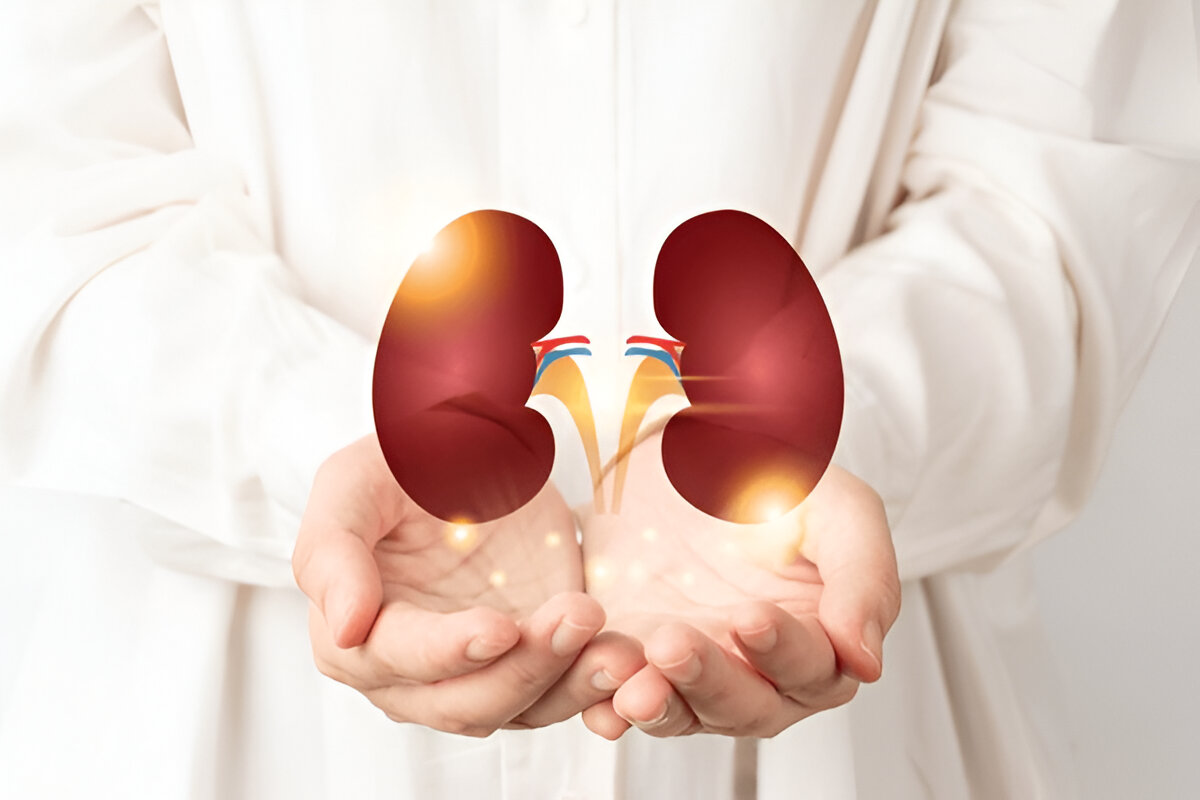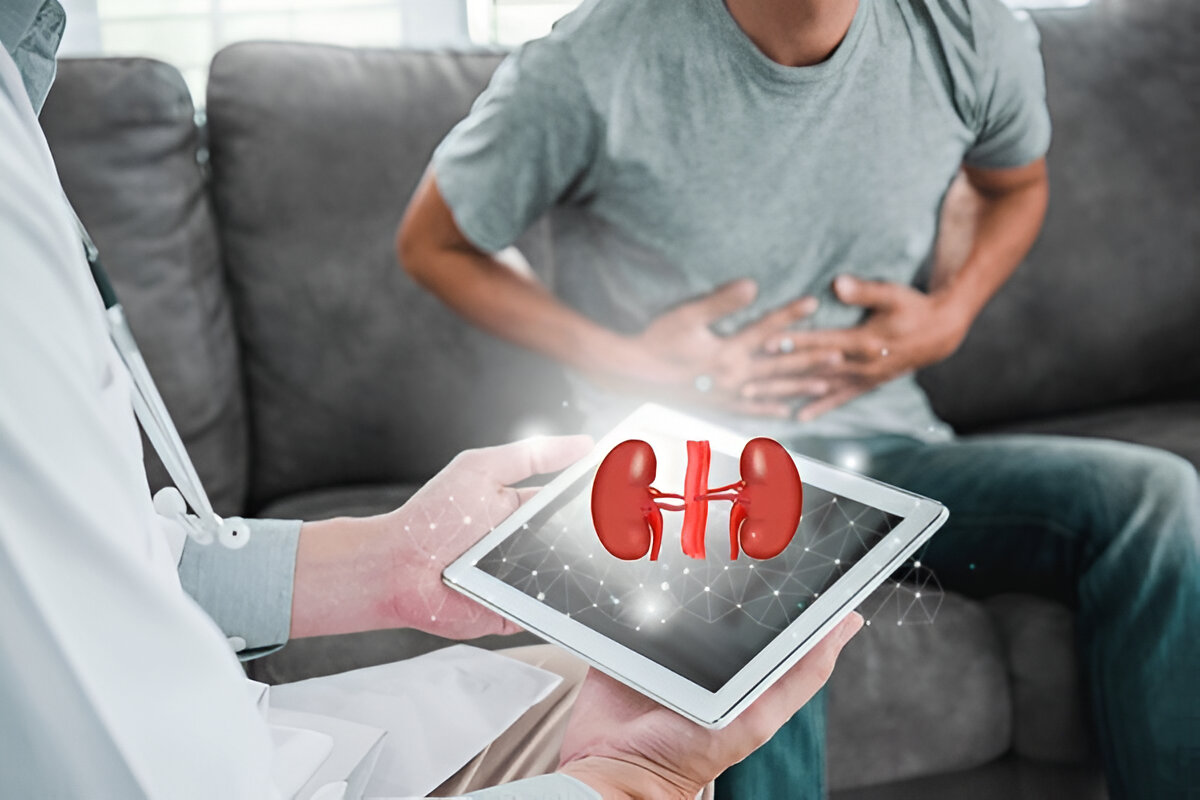
Acute Kidney Injury (AKI) Treatment
Acute Kidney Injury (AKI) is a sudden decline in kidney function that can develop within hours or days, leading to the accumulation of waste products, fluid retention, and electrolyte imbalances. Treatment focuses on identifying and addressing the underlying cause, such as dehydration, infections, or medication toxicity. Patients may require intravenous fluids, medication adjustments, and close monitoring of urine output and blood tests. In severe cases, dialysis is necessary to support kidney function. With timely intervention, many individuals recover fully, though some may experience long-term kidney damage. Early diagnosis and supportive care are crucial to improving outcomes and preventing complications.
Causes of AKI:
- Prerenal (blood flow related): Dehydration, heart failure, low blood pressure.
- Intrinsic (direct kidney damage): Acute glomerulonephritis, toxins, infections, drug-induced nephrotoxicity.
- Postrenal (obstruction): Kidney stones, enlarged prostate, tumors, urinary tract blockages.


Diagnosis:
Timely diagnosis is essential to avoid permanent kidney damage. It includes:
- Blood Tests: Elevated blood urea nitrogen (BUN) and creatinine levels.
- Urine Output Monitoring: Oliguria (low urine output) or anuria (no urine).
- Electrolyte Panel: Assess for potassium, sodium, calcium, etc.
- Urinalysis: Detects abnormalities such as protein or red blood cells.
- Ultrasound/Imaging: Identifies obstruction or anatomical issues.
Treatment Options:
AKI treatment primarily focuses on treating the underlying cause, supporting kidney function, and preventing complications.
1. Fluid Management
- IV fluids for dehydration or low blood pressure.
- Fluid restriction in cases of overload or heart failure.
- Diuretics may be used cautiously to relieve fluid buildup.
2. Medication Adjustments
- Stopping or replacing nephrotoxic drugs (e.g., NSAIDs, contrast agents, certain antibiotics).
- Managing infections with appropriate antibiotics.
- Adjusting doses of essential medications based on kidney function.
3. Electrolyte & Acid-Base Correction
- Hyperkalemia treated with medications, calcium gluconate, insulin/glucose.
- Acidosis may require bicarbonate therapy.
- Sodium and fluid balance managed closely.
4. Dialysis (Renal Replacement Therapy)
- Fluid overload unresponsive to medications.
- Uremic symptoms develop (e.g., confusion, nausea, seizures).
5. Nutritional Support
- Low protein, low sodium, and low potassium diet may be needed.
- Adequate caloric intake to support healing and energy.